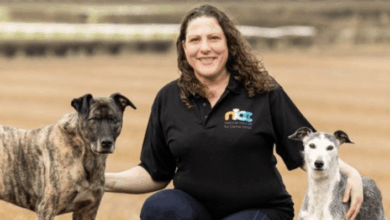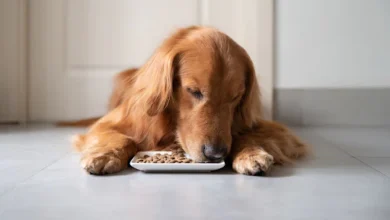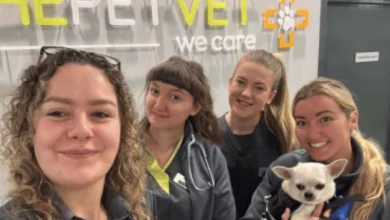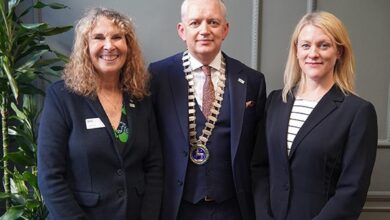NOAH welcomes CMA vet inquiry
The organisation also responded to the CMA raising the potential for reclassifying some veterinary medicines to improve access
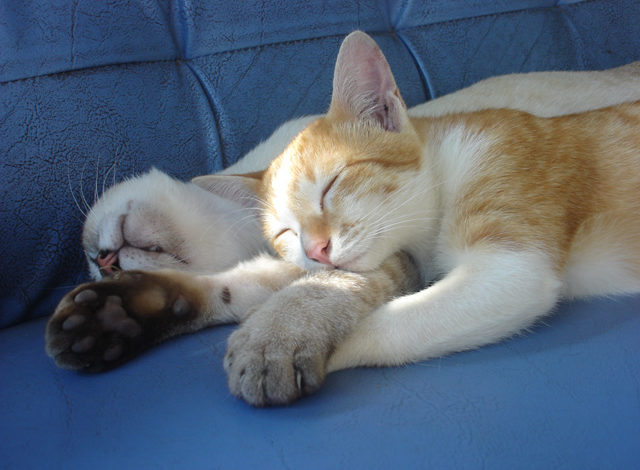
Register to get 1 free article
Reveal the article below by registering for our email newsletter.
Want unlimited access? View Plans
Already have an account? Sign in
The National Office of Animal Health (NOAH) has welcomed the Competition and Markets Authority’s (CMA) latest working papers, published as part of its inquiry into the provision of veterinary services for household pets, but warned of the potential impact of any changes.
A key concern raised by NOAH is the potential impact of any possible changes to the veterinary prescribing cascade.
This established regulatory system requires vets to use licensed veterinary medicines first, with alternatives such as human medicines or unlicensed preparations considered only when a licensed medicine is unavailable or unsuitable.
NOAH believes that the cascade prioritises animal health and welfare by ensuring treatments are specifically developed, tested, and authorised for veterinary use.
Its submission warns that any amendments that encourage increased use of human medicines or unlicensed medicines could harm animal health and welfare.
NOAH acknowledged the CMA’s focus on affordability, but warned that altering the prescribing cascade to address cost concerns could have unintended consequences for animal health and veterinary medicine availability in the UK.
The organisation also responded to the CMA raising the potential for reclassifying some veterinary medicines to improve access.
It recognised that such changes could offer benefits, but stressed that decisions on classification are often “primarily driven by regulatory authorities and their views rather than manufacturers”.
NOAH said it supports appropriate reclassification where risk-benefit assessments by regulators deem it safe and appropriate, but emphasised that changes must be made in consultation with regulators and veterinary professionals.
It also clarified a point regarding veterinary medicine pricing stating that manufacturers do not dictate retail pricing. Instead, prices are determined by wholesalers and veterinary clinics, meaning pricing structures are beyond manufacturers’ control.



